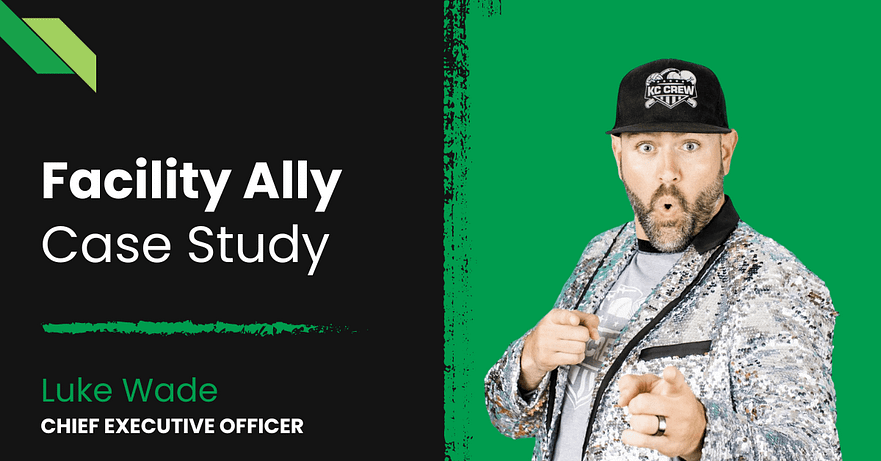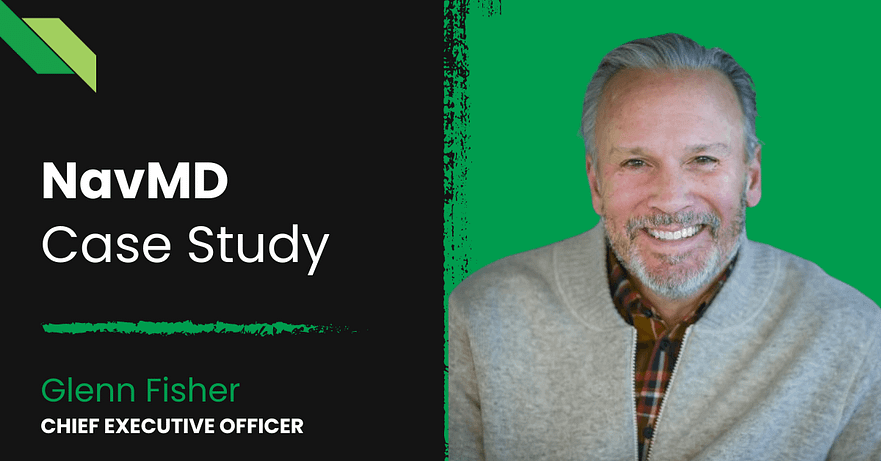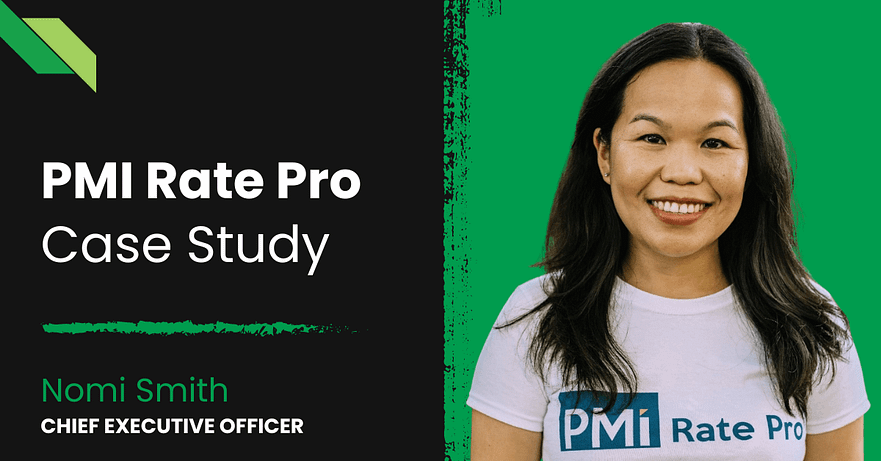PHP Interview Questions That Actually Predict Success (Instead of the Usual Ones You See Online)
Most companies ask PHP developers to explain array functions and OOP concepts. Then they wonder why their new hire can build a perfect contact form but can’t figure out why the production server crashes under real traffic.
I’ve been on both sides of this frustrating cycle.
The PHP Interview Wake-Up Call
Six months ago, we needed a PHP developer to rebuild our e-commerce backend. The existing system worked fine for 100 orders per day, but when we scaled to 1,000+, everything fell apart.
Our interview process was thorough. We tested candidates on PHP syntax, asked them to explain traits versus interfaces, and had them write functions to manipulate arrays. The winner scored perfectly on every technical question.
Three weeks later, our new developer delivered a beautiful, well-structured PHP application that followed every best practice. It also took 8 seconds to load a product page and crashed the MySQL server during our first marketing campaign.
The problem wasn’t the developer’s PHP knowledge—it was that we tested academic understanding instead of real-world problem-solving ability.
The True Cost of Wrong PHP Interview Questions
Here’s what happens when your PHP interview process focuses on language trivia instead of practical development skills:
Time Investment Reality
- 6-10 weeks screening PHP candidates
- 50+ hours conducting technical interviews
- 25+ hours on coding challenges and assessments
- 20+ hours on final rounds and references
- Multiple weeks of discovering they can’t solve production problems
Financial Impact
- $18,000-$28,000 in recruiting costs for experienced PHP roles
- 45% of PHP hires underperform in their first six months
- Lost development velocity while critical positions remain unfilled
- Team burnout occurs as existing developers cover additional workload
Hidden Consequences:
- Web applications that work in demos but fail under load
- Database performance issues that surface after launch
- Security vulnerabilities that weren’t considered during development
- Integration problems that delay product releases
After investing all that time and money, you might still end up with someone who knows PHP inside out but can’t build web applications that handle real user traffic.
Why Traditional PHP Interview Questions Miss the Mark
Most PHP interview questions test language knowledge that doesn’t translate to effective web development.
What companies typically ask:
- Explain the difference between include and require
- Compare arrays and objects in PHP
- Describe PHP’s error handling mechanisms
- Implement specific design patterns from memory
What PHP developers actually do:
- Build web applications that serve thousands of concurrent users
- Debug performance issues in live production environments
- Integrate PHP applications with databases, APIs, and third-party services
- Write maintainable code that teams can understand and extend
- Handle security concerns like SQL injection and XSS attacks
The disconnect between interview questions and real-world requirements explains why many PHP hires struggle when they encounter actual production challenges.
The PHP Skills That Drive Real Success
After overhauling our PHP interview process (and fixing that e-commerce performance disaster), I identified what separates effective PHP developers from language experts.
Critical PHP competencies:
- Performance Optimization – Can they identify and resolve bottlenecks in running applications?
- Database Integration – Do they understand how to work with databases efficiently at scale?
- Security Awareness – Can they build PHP applications that resist common web attacks?
- Production Debugging – How do they troubleshoot issues in live environments?
- Scalable Architecture – Can they design PHP solutions that grow with business needs?
These skills determine whether your PHP developer will build applications that perform under pressure or create systems that break when users actually start using them.
15 PHP Interview Questions That Reveal Real Skills
Performance and Scalability Questions
1. Your PHP application loads fine with 50 users but becomes unresponsive with 300 users. Walk me through your investigation and optimization process.
What to look for: Performance profiling approach, understanding of common bottlenecks, knowledge of optimization techniques, systematic debugging methodology.
2. A PHP e-commerce site takes 5 seconds to load product pages during peak traffic. How do you identify and fix the performance issues?
What to look for: Database query optimization, caching strategies, code profiling skills, and understanding of web server configuration.
3. Explain how you’d implement caching in a PHP application that serves both web users and mobile API clients.
What to look for: Caching strategy knowledge, invalidation approaches, client-specific considerations, and performance impact awareness.
Database and Data Management Questions
4. Your PHP application’s database queries work fine in development but timeout in production. Describe your troubleshooting approach.
What to look for: Production vs development differences, query optimization skills, understanding of database indexing, connection management.
5. Design a PHP solution for handling file uploads from users, including validation, storage, and serving files back to other users.
What to look for: Security considerations, scalability planning, error handling, storage strategy, validation approaches.
6. How would you implement data synchronization between a PHP application and a third-party system with unreliable API responses?
What to look for: Error handling strategies, retry mechanisms, data consistency approaches, API integration patterns.
Security and Production Challenges
7. A security audit reveals potential SQL injection vulnerabilities in your PHP application. Walk me through your remediation process.
What to look for: Security awareness, prepared statements knowledge, systematic vulnerability assessment, and prevention strategies.
8. Users report that certain PHP application features work intermittently. Your error logs show nothing obvious. How do you debug this?
What to look for: Systematic debugging approach, monitoring strategies, understanding of intermittent issues, logging improvements.
9. Explain how you’d secure a PHP application that handles sensitive customer data and payment information.
What to look for: Security best practices, data encryption, PCI compliance awareness, and secure coding practices.
Architecture and Integration Questions
10. Design a PHP system that processes customer orders, sends confirmation emails, and updates inventory across multiple sales channels.
What to look for: System design thinking, error handling, background processing, integration patterns, scalability considerations.
11. How would you structure a PHP application that needs to integrate with 5 different payment providers with varying API specifications?
What to look for: Abstraction strategies, error handling, configuration management, testing approaches, and maintainability.
12. Describe implementing real-time notifications in a PHP application for an e-commerce platform with thousands of active users.
What to look for: WebSocket knowledge, scalability planning, fallback strategies, and server resource management.
Code Quality and Team Collaboration Questions
13. You inherit a 2,000-line PHP file that handles user authentication, payment processing, and email sending. How do you refactor this safely?
What to look for: Refactoring strategies, testing approaches, risk mitigation, incremental improvement, and separation of concerns.
14. A team member writes PHP code that works but makes the application slow and hard to maintain. How do you provide guidance?
What to look for: Code review skills, mentoring approach, performance awareness, constructive feedback delivery.
15. Explain how you’d implement automated testing for a PHP application that integrates with external APIs and databases.
What to look for: Testing strategies, mocking approaches, CI/CD understanding, and test environment management.
How to Structure Your PHP Developer Interview Process
- Round 1: Problem-Solving Discussion (45 minutes) Present a real web application challenge from your domain. Focus on their approach, not perfect implementation details.
- Round 2: Architecture Planning (60 minutes) Have them design a PHP system for a business scenario similar to your needs. Assess scalability and maintainability thinking.
- Round 3: Code Review Exercise (30 minutes) Show them problematic PHP code from a real project. Evaluate their improvement suggestions and security awareness.
- Round 4: Technical Experience Deep-Dive (45 minutes) Use the questions above to understand their practical PHP experience and problem-solving methodology.
Red Flags in PHP Developer Interviews
- Only discusses language features, never mentions user experience or business impact
- Can’t explain how they’ve debugged production issues in PHP applications
- Focuses on perfect code structure instead of working solutions that scale
- Shows no awareness of security vulnerabilities common in web applications
- Can’t describe the real PHP projects they’ve built and the challenges they solved
- Gives theoretical answers without demonstrating practical experience
The PHP Interview Questions You Should Stop Asking
These traditional questions don’t predict PHP development success:
- Recite the differences between PHP versions
- Explain object-oriented programming concepts without context
- Implement sorting algorithms in PHP
- Compare PHP frameworks feature-by-feature
- Describe language internals that developers rarely encounter
Focus on problem-solving ability with PHP, not language memorization.
What Strong PHP Developer Answers Sound Like
Strong response example: “I’d start by checking server metrics to confirm the performance degradation correlates with increased user load. Then I’d use Xdebug or Blackfire to profile the application and identify bottlenecks. Common issues include inefficient database queries, missing indexes, or a lack of proper caching. I’d also check if we’re properly using connection pooling and whether static assets are being served efficiently. For the database side, I’d examine slow query logs and look for N+1 problems or queries that aren’t using indexes effectively.”
Weak response example: “I’d look at the code to see what’s slow and optimize it. Maybe add some caching and make sure the database queries are good. I’d probably use a faster server or upgrade the hardware if needed.”
The strong answer demonstrates systematic problem-solving, specific tool knowledge, and understanding of common performance patterns. The weak answer offers generic suggestions without showing real debugging experience.
Building Your PHP Interview Question Bank
Customize questions based on your application type and business domain:
For E-commerce Applications
- How would you handle inventory management across multiple sales channels in PHP?
- Describe implementing a shopping cart that works reliably under high traffic.
For Content Management Systems
- How would you optimize a PHP CMS that serves millions of page views monthly?
- Explain implementing user permissions for a multi-tenant PHP application.
For API Development
- Describe building a PHP API that handles 10,000 requests per minute reliably.
- How would you implement API authentication and rate limiting in PHP?
Why This PHP Interview Approach Works
When you focus on practical PHP interview questions, you’ll identify candidates who:
- Build web applications that perform well under real user loads
- Debug production issues effectively when problems arise
- Write secure code that protects against common web vulnerabilities
- Understand the performance implications of their design decisions
- Create maintainable systems that teams can extend and modify
The Reality About PHP Developer Hiring
You need PHP developers who can build web applications that handle real traffic, integrate with existing systems, and perform reliably in production environments.
But spending 3-4 months perfecting your PHP interview process probably isn’t the best use of your time as a CTO.
Skip the PHP Interview Marathon
Traditional PHP hiring process:
- 6-10 weeks from job posting to productive developer
- $25K+ in recruiting costs and internal time investment
- 45% chance the hire can’t handle real-world challenges
- Weeks of onboarding and discovering actual skill levels
- Starting over when theoretical knowledge doesn’t translate to results
Full Scale’s PHP staff augmentation:
- 2 weeks from decision to experienced PHP developers
- Developers have already proven on real web application projects
- 95%+ retention rate with demonstrated problem-solving ability
- No onboarding delays or training overhead
- Direct integration into your existing development processes
We’ve already solved the challenging part: finding PHP developers who can build web applications that work under pressure, not just pass language quizzes.
Our PHP developers have optimized database queries for high-traffic e-commerce sites. They’ve debugged performance issues in live production environments. They’ve built secure payment processing systems and integrated with unreliable third-party APIs. They’ve done this successfully, repeatedly, for companies facing challenges similar to yours.
Instead of testing PHP syntax knowledge, we evaluate practical web development skills. Instead of hoping interview performance translates to real-world capability, we provide developers who’ve already proven they can solve production challenges.
Get developers who’ve already demonstrated they can build PHP applications that scale and perform reliably.
No more syntax quizzes. No more hoping language knowledge equals problem-solving ability. Just experienced PHP developers ready to build web applications that work from day one.



